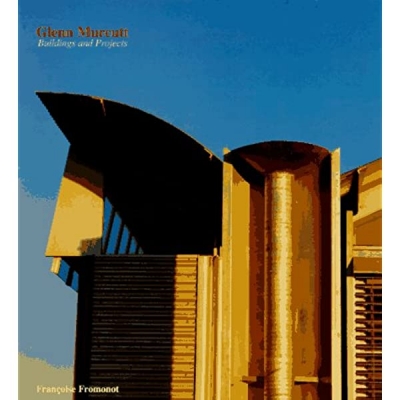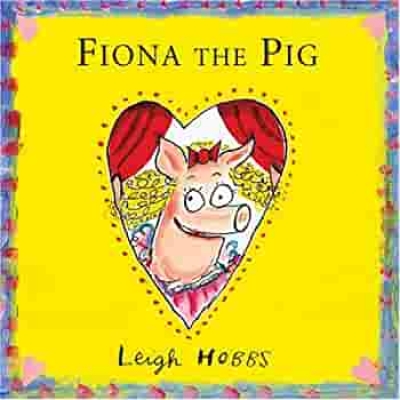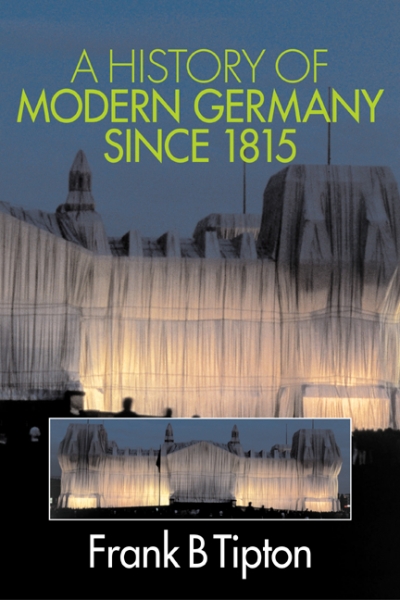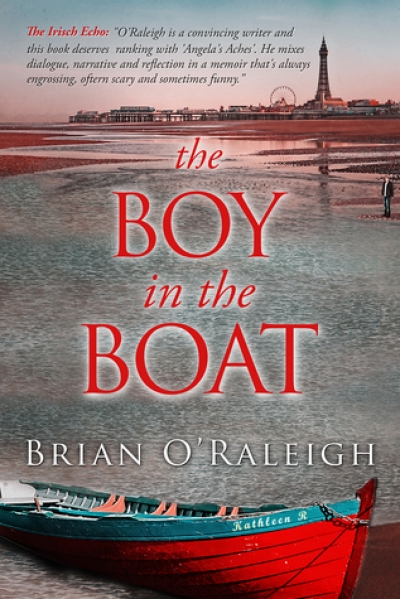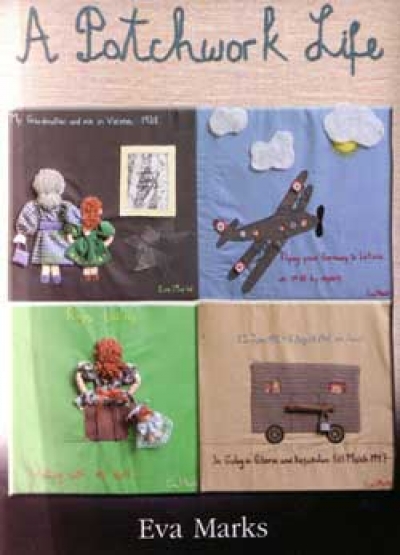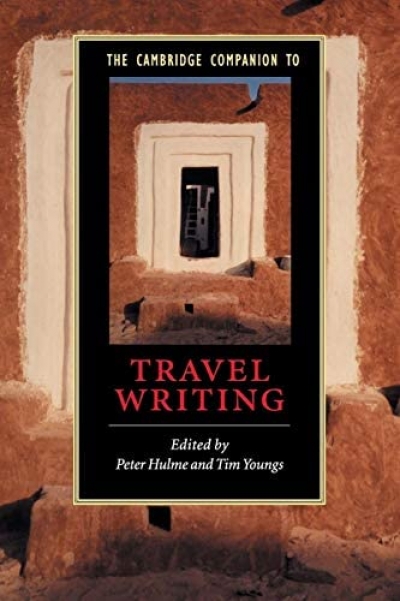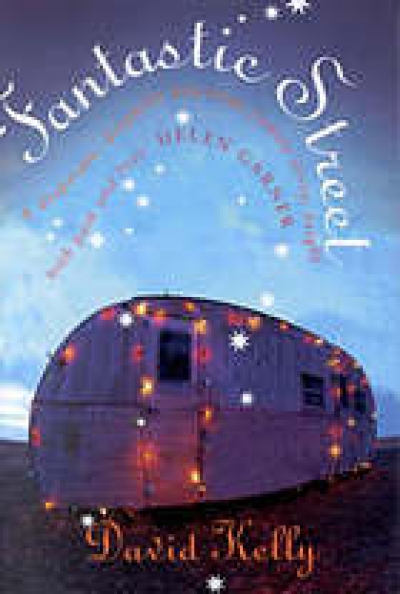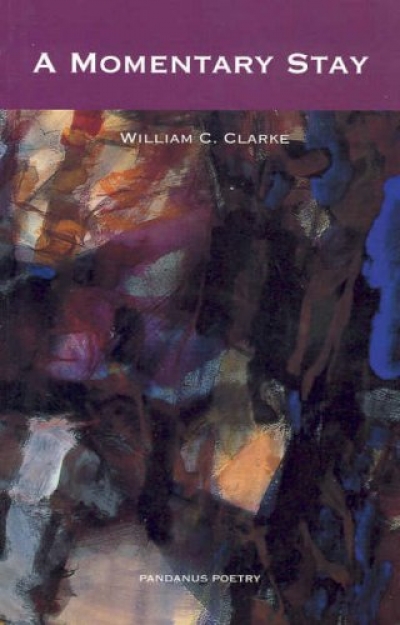Archive
Film | Theatre | Art | Opera | Music | Television | Festivals
Welcome to ABR Arts, home to some of Australia's best arts journalism. We review film, theatre, opera, music, television, art exhibitions – and more. To read ABR Arts articles in full, subscribe to ABR or take out an ABR Arts subscription. Both packages give full access to our arts reviews the moment they are published online and to our extensive arts archive.
Meanwhile, the ABR Arts e-newsletter, published every second Tuesday, will keep you up-to-date as to our recent arts reviews.
Recent reviews
History of Modern Design has developed from a course of the same name at Drexel University in Philadelphia. In keeping with its didactic origin, the subject is presented in chronological order, illustrated with more than 500 images, 125 of which are reproduced in colour. The book is ambitiously broad in its coverage, commencing with the seventeenth century and ending in the twenty-first, focusing on design from Europe and North America, and ranging through furniture, interiors, metalwork, ceramics, graphic design, typography, and product design. A good two-thirds of the book is devoted to the twentieth century, which is presented in context from the preceding historical surveys. While the focus is on design for mass production and industrial processes, the crafts are not entirely neglected. An extensive bibliography on design, coupled with helpful reading lists, will prove popular in this useful introduction to the complex and wide-ranging subject of design. (CM)
... (read more)Glenn Murcutt: Buildings + projects 1962-2003 by Françoise Fromonot, translated by Charlotte Ellis
Fiona the Pig by Leigh Hobbs & Too Many Pears! by Jackie French, illus. Bruce Whatley
The Boy in the Boat by Brian O'Raleigh & A Story Dreamt Long Ago by Phyllis McDuff
A Patchwork Life by Eva Marks & Point of Departure by Pamela Hardy
The Mildura Writers’ Festival is always one of the most congenial and stimulating events on our literary calendar. Clive James, our lead reviewer this month, has just agreed to attend this year’s festival and to deliver the 2003 La Trobe University/ABR Annual Lecture. The lecture will take place at 8 p.m. on Friday, 25 July, and the festival will follow that weekend (July 26–27). Clive James (pictured below) will also deliver the lecture in Melbourne soon after the Mildura Writers’ Festival. Full details of both events will follow in the June/July issue. ABR subscribers will be entitled to attend this major lecture gratis.
... (read more)
